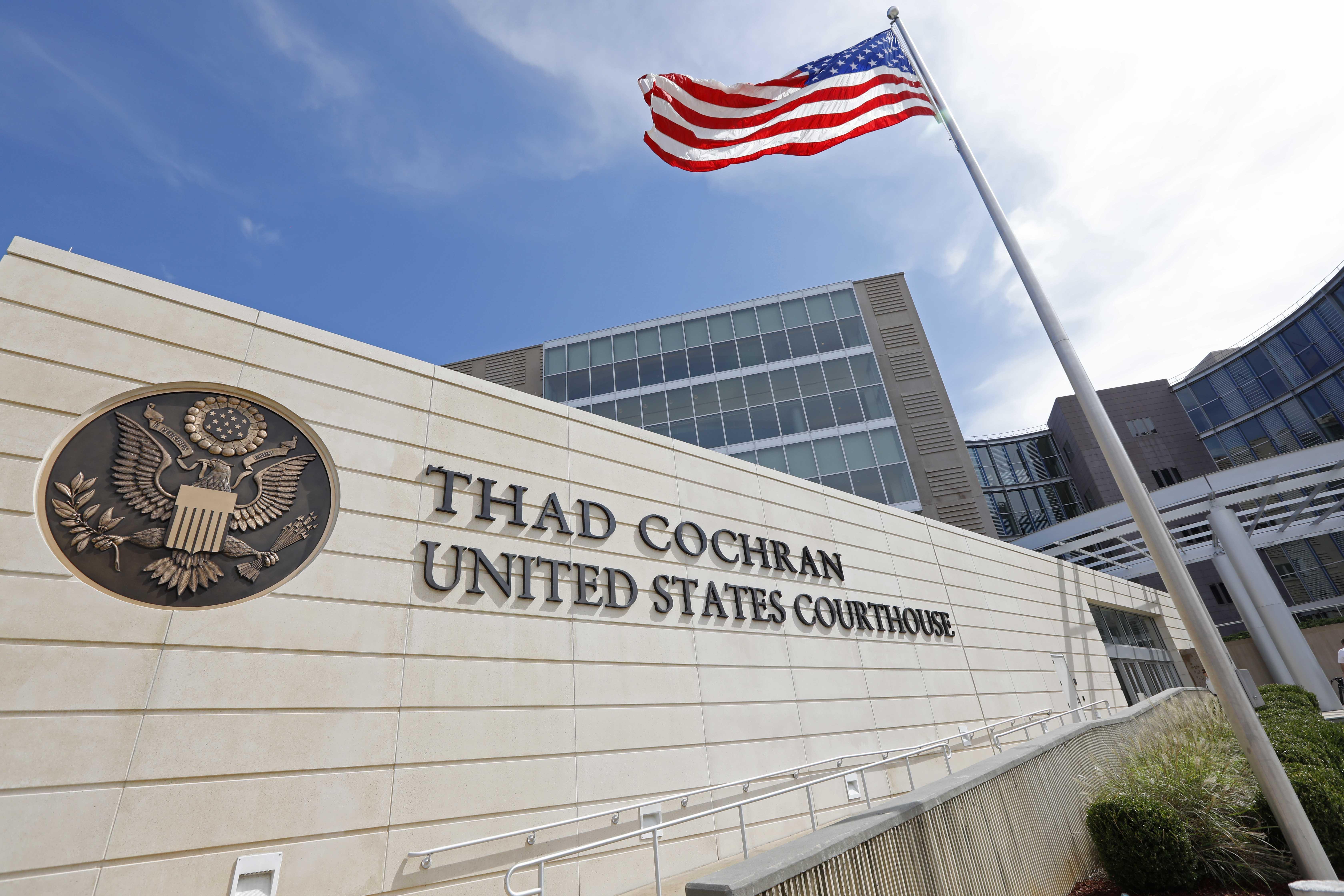The complaint filed Monday argues that House Bill 1193violates the First and Fourteenth Amendments of the U.S. Constitution by imposing the state government's views on matters like race and gender identity on educators and students.
The lawsuit was filed by the ACLU of Mississippi alongside several legal partners on behalf of concerned teachers and parents. Rob McDuff, an attorney on the case for the Mississippi Center for Justice says none of the anti-DEI laws passed in other states have gone as far as this one does in restricting what can be discussed in the classroom setting.
“The legislature has really gone overboard on this,” McDuff said. “This is one of the most ridiculous laws to come out of the state capital in a long time, and that's really saying something.”
According to McDuff, if the law went into effect as written, its prohibition of educational efforts to increase awareness or understanding of issues related to things like race and gender would require a total revamp of educational materials used by every Mississippi school.
The complaint alleges this would prevent Mississippi teachers from covering “slavery, the Civil War, discrimination in the past and present, the civil rights movement, the women’s suffrage and women’s rights movements, the LGBTQ rights movement, and many other aspects of American life and life throughout the world.”
When asked about free speech concerns during the 2025 session, lawmakers who championed the bill pointed to an exemption granted for scholarly research and constitutionally protected speech. McDuff says that exemption is essentially null and void because of a qualifier in the bill that states the exemptions only apply if the protected activity doesn’t conflict with the law.
“Basically they are saying that the free speech restrictions in this bill override the First Amendment, and that school officials are supposed to ignore the First Amendment if there's ever a conflict,” McDuff said.
The plaintiffs are seeking a preliminary injunction to prevent various provisions of the bill from being enforced. Previously, first amendment concerns have led federal courts to strike down an anti-DEI law passed in Florida and key provisions of President Donald Trump's anti-DEI executive order.




